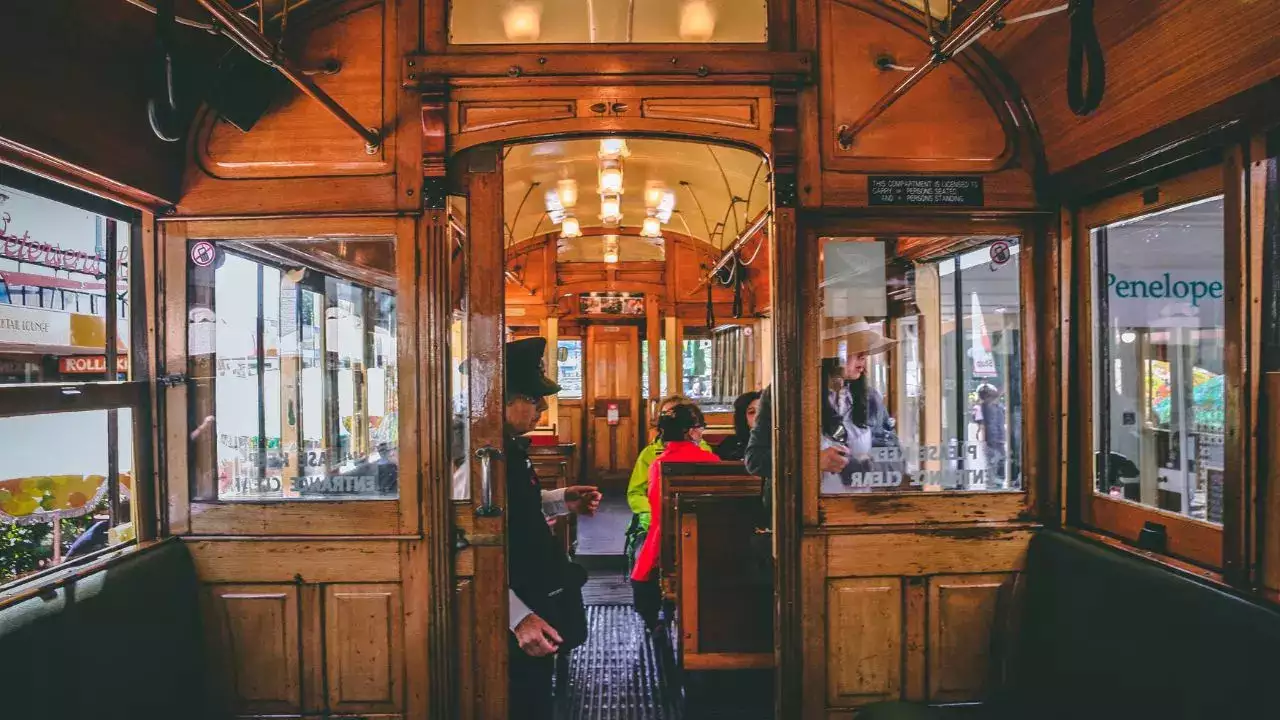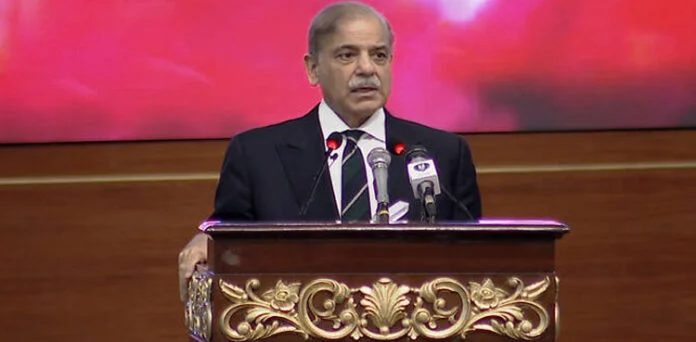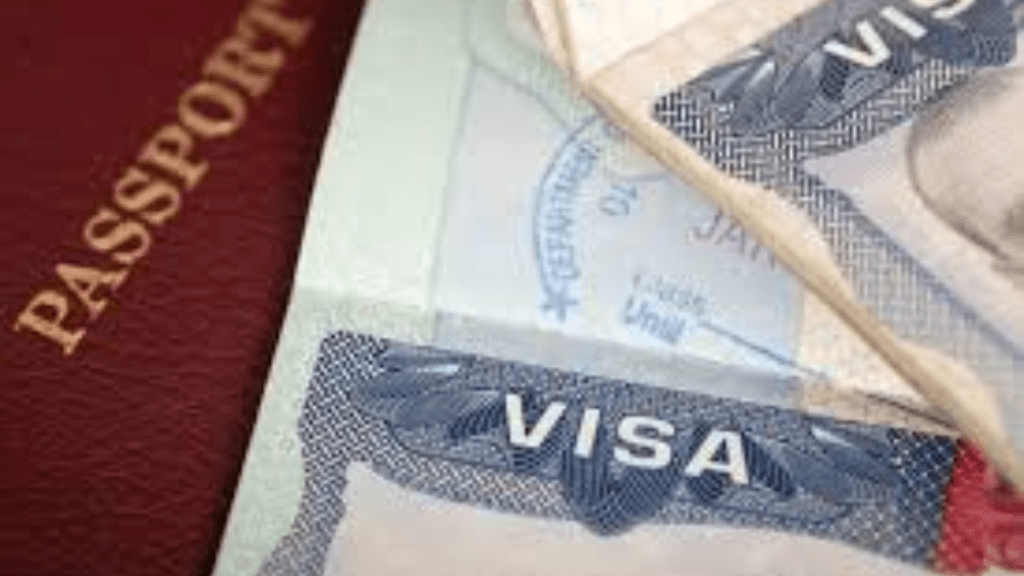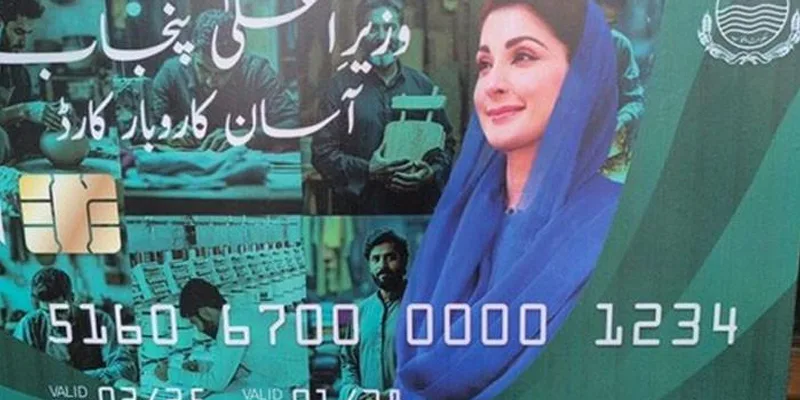
Traveling to foreign countries often highlights significant cultural differences, as behaviors deemed normal in one place can seem unusual or even inappropriate in another. This was evident in a recent incident on a train in Finland, where an Indian family’s behavior sparked frustration from an NRI (Non-Resident Indian) passenger.
Gokul Sridhar, a social media user, shared his experience on Twitter, describing the train ride from Lapland to Helsinki. He noted that the otherwise quiet carriage was disturbed by an Indian family who were speaking loudly in Hindi while on a video call, leaving their cabin door open. Expressing his frustration, Sridhar remarked that the behavior reflected a lack of “civic sense,” sharing his thoughts in a tweet: “I’m on a train from Lapland to Helsinki and there’s one family in the otherwise ULTRA QUIET carriage that’s being very loud, talking to someone over a video call. In Hindi. With their cabin doors open. We REALLY don’t get civic sense, do we?”
Interestingly, Sridhar had been watching a video about cultural etiquette in Japan at the time, where loud talking on trains is frowned upon. He later updated his post to mention that he coincidentally ended up in the same restaurant as the family, where they were once again speaking loudly on a video call without headphones.
The tweet quickly gained attention, with over 12,000 views, and sparked a range of reactions. Some users shared similar experiences of encountering loud conversations in quiet spaces, like on trains in the UK, while others expressed sympathy for the family, suggesting that they might not be aware of local customs in their new environment. One commenter suggested that Sridhar should have politely asked the family to lower their voices or close the door, rather than airing his frustration on social media.
The incident triggered a broader conversation about the challenges of adapting to different cultural norms in shared public spaces. Some people emphasized the importance of cultural awareness and the need to respect local customs in order to avoid conflicts. The situation serves as a reminder for travelers to be mindful of how their actions may be perceived by others, and the value of fostering mutual respect and understanding, particularly in multicultural settings.




















